The Aircraft Accident Investigation Bureau (AAIB) submitted its preliminary report on the Air India plane crash to the ministry of civil aviation and other authorities concerned on Tuesday, according to senior government officials.
The preliminary report includes aircraft information, crew details, weather conditions, aerodrome data, a description of the accident, and the current status of the investigation, but it does not yet include findings, probable causes of the accident, or safety recommendations, a senior official told FE.
The investigation is still underway and a detailed final report will be released in the coming months. This final report is expected to provide a comprehensive understanding of the factors that led to the crash.
The Ahmedabad-London AI171 flight crashed just minutes after taking off from Sardar Vallabhbhai Patel International Airport on June 12, claiming the lives of over 260 people.
According to sources, the report documents technical findings from the crash wreckage, including the extent of damage to the aircraft’s engines and airframe — factors considered crucial to understanding the cause of the disaster.
The preliminary findings will also be shared with international regulatory and investigative bodies such as the International Civil Aviation Organization (ICAO), the US National Transportation Safety Board (NTSB), the Federal Aviation Administration (FAA), and the UK’s Civil Aviation Authority (CAA), the sources added.
As a signatory to the ICAO conventions, India is obliged to submit a preliminary investigation report within 30 days of the accident, with the final report ideally completed and made public within 12 months.
House panel meet on aviation safety
The report came just hours ahead of a meeting of Parliament’s Public Accounts Committee (PAC). Senior officials from the ministry of civil aviation and representatives of airlines appeared before the committee. Air India has reportedly told the PAC that the Boeing Dreamliner remains “one of the safest aircraft in operation” globally, even as scrutiny intensifies following the plane crash in Ahmedabad. Air India CEO and MD Campbell Wilson told the committee his airline will complete retrofitting of its fleet in two years to address frequent complaints about its seats and other facilities, and underscored its commitment to flight safety, sources said.
Congress MP K C Venugopal, who leads the panel, told reporters after the meeting that the committee members were all worried about safety issues, with NCP MP Praful Patel noting that several incidents following the crash were reported and that every passenger wants to feel safe about their journey.
(With PTI inputs)



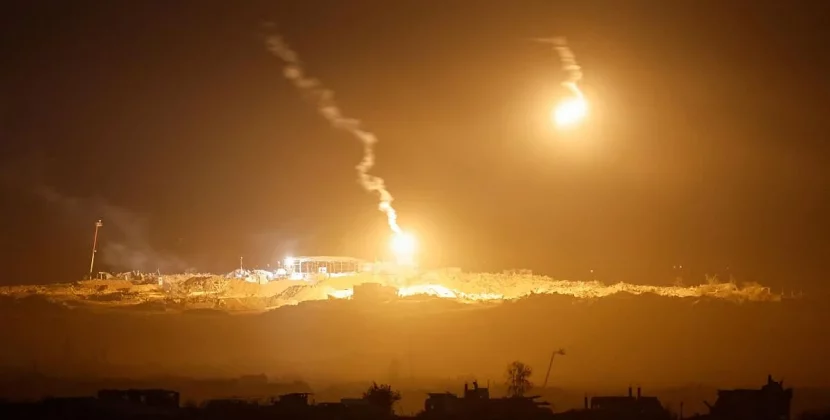





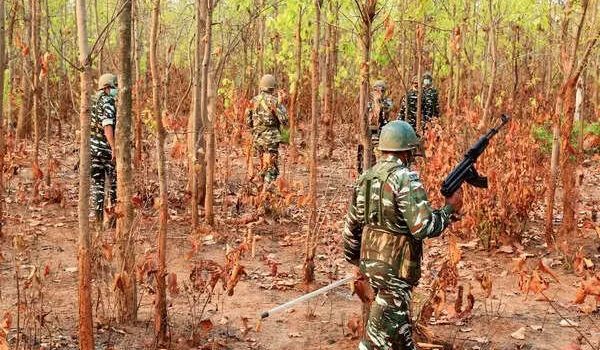
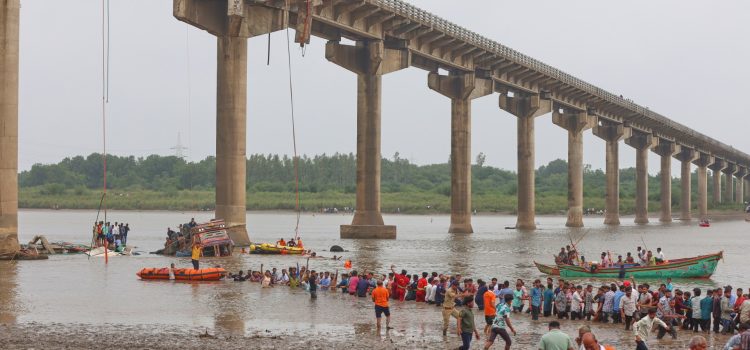
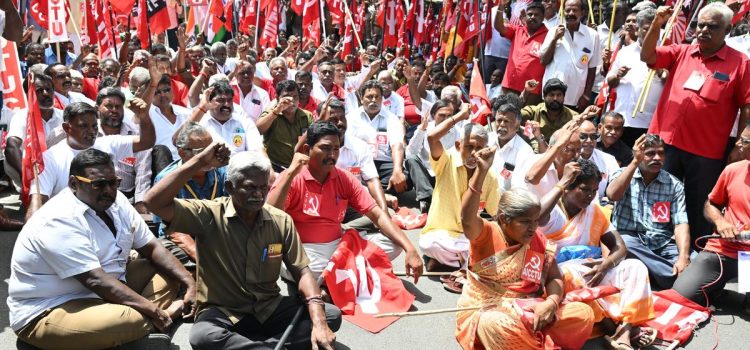
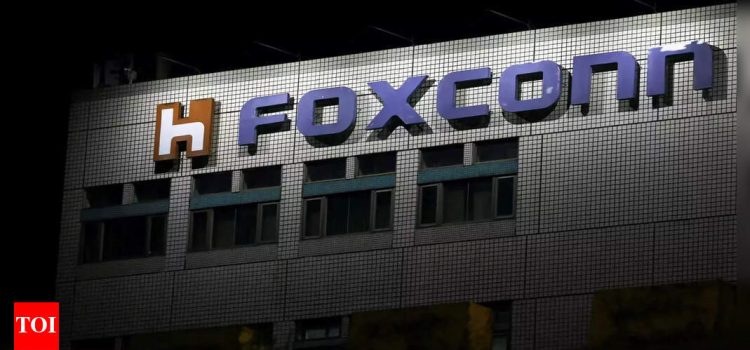

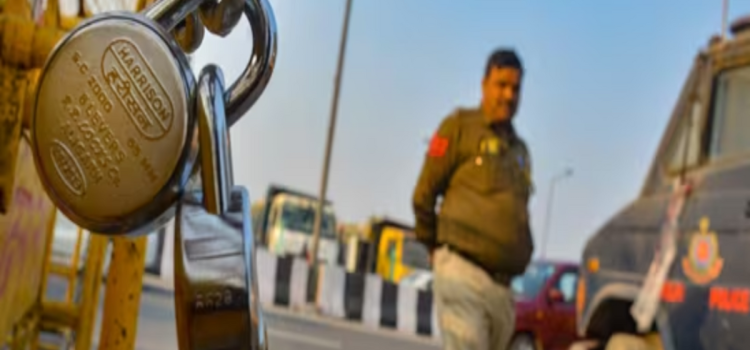
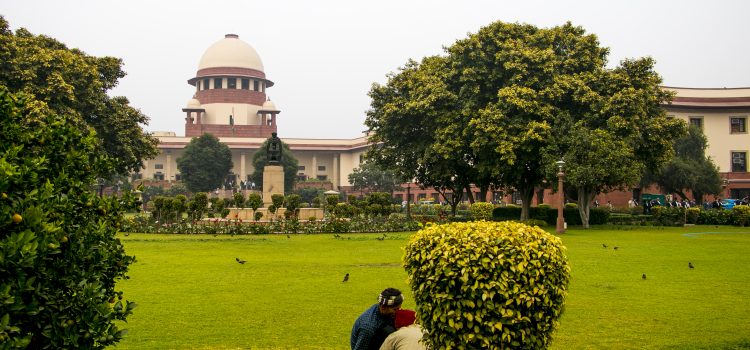
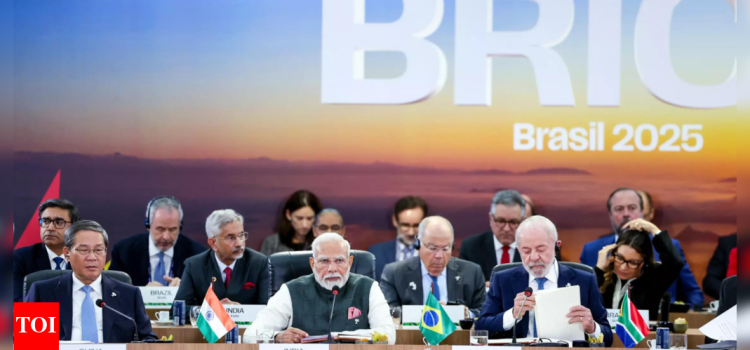

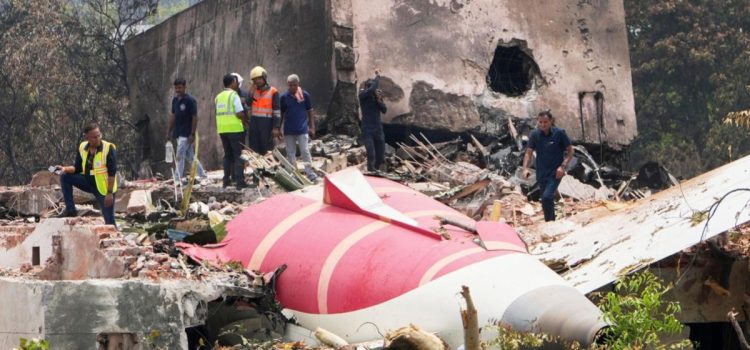

Comments